Youth Manifesto for Digital Space
Throughout the past decade, the online sphere has been turning into an essential part of people’s daily lives. Having been strongly affected by the current COVID-19 pandemic, much of our lives have transitioned into the online sphere. From education, business, to social life and networking – people have become overly reliant on various social media platforms to socialise and normalise their day-to-day lives.
The overreliance on the Internet has become particularly the case among the youth. In that regard, the pandemic has only exacerbated the previously existing challenges, while opening the door to the new ones whose consequences are yet to materialise. While being the most media literate generation yet, the youth (aged between 15 and 30), is confronted with several issues that have impacted their wellbeing and livelihood. With screen time increasing, many questions have opened – how will this affect the mental health of youth, to what extent will the increasing amount of dis- and misinformation on the Internet affect ways of thinking and decision-making, how will this transition impact the education process, social life, privacy, and security? As we are still found amid unprecedented times, these questions have no definite answer. Yet, it is highly important that conversations commence.
Behind extensive consultations in all capitals of the region, the joint conclusion of the Western Balkan youth, together with their counterparts across Europe, is that there is a dire need for the adoption of a regulation to better protect their right to free and safe digital space. Hence the Manifesto, whose intention is to stand as a call for action for European opinion- and decision-makers at the supranational, national, regional, and local level in the areas related to digital freedoms and Internet use.
Moreover, they call for:
- consequential fight against the spread of disinformation and the rise in hate speech;
- addressing the detrimental impact of the internet on mental health;
- ensuring accountability of the social media platforms.
The Manifesto development was also supported by an online petition, signed by over 400 signatories in just two weeks. Considering the backing of the region’s youth and strong demand for action, this Manifesto lays out key demands that ought to be addressed. As the countries of the region have been excluded from directly partaking in the Conference on the Future of Europe, the voice of the Western Balkan youth becomes all the more important. “Shaping Europe’s digital future” is one of the thematic areas of the Conference, thus the Manifesto aspires to usher the path for further discussions in this area.
The call for a Manifesto was first publicly announced on 5 May 2021, just four days before the monumental day for all Europeans – the Europe day that celebrates unity in diversity. More so, this day marked the start of the long-awaited Conference on the Future of Europe, hoping to create a prospective future for all Europeans. In such a context, the aim of the Manifesto is to generate debate and policy action from relevant stakeholders in Europe.
MladiRini-Youth-Manifesto

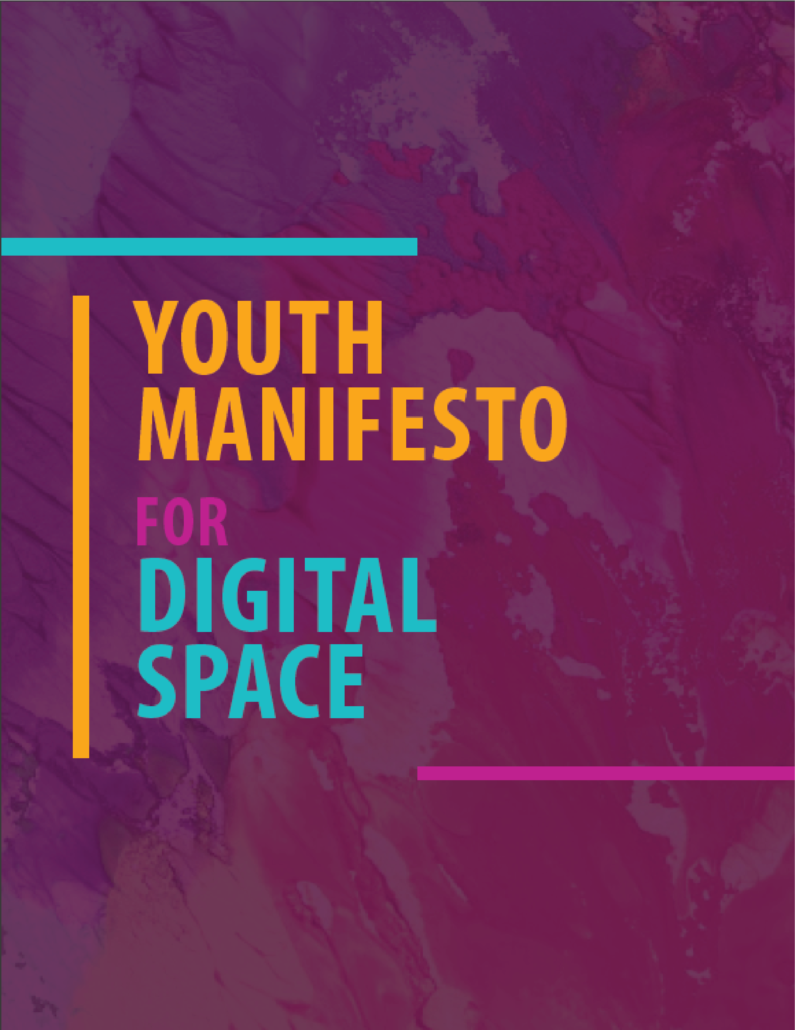
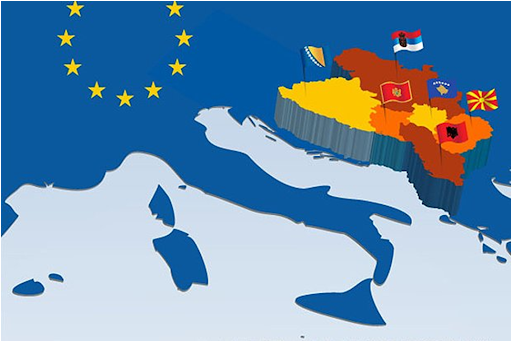

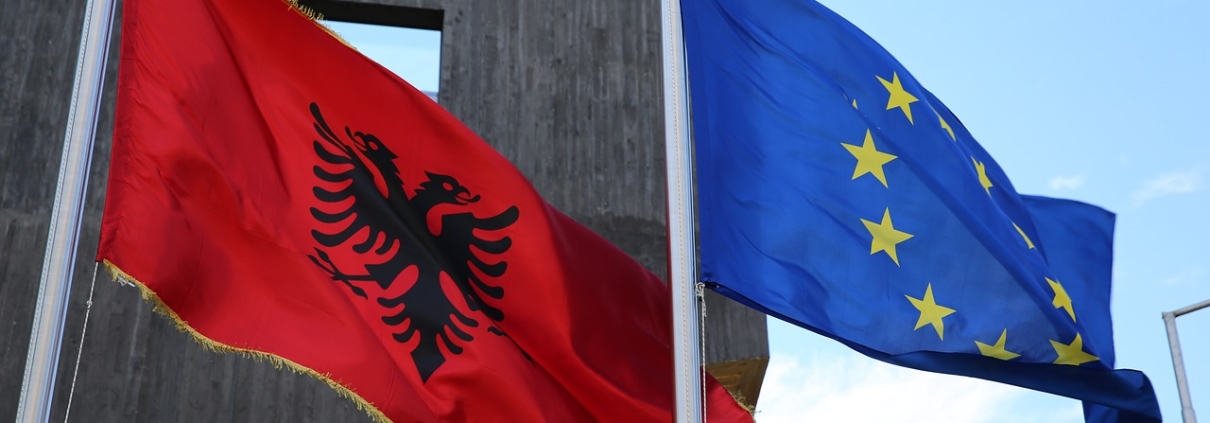
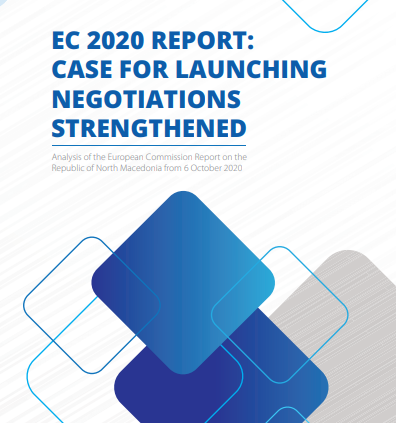


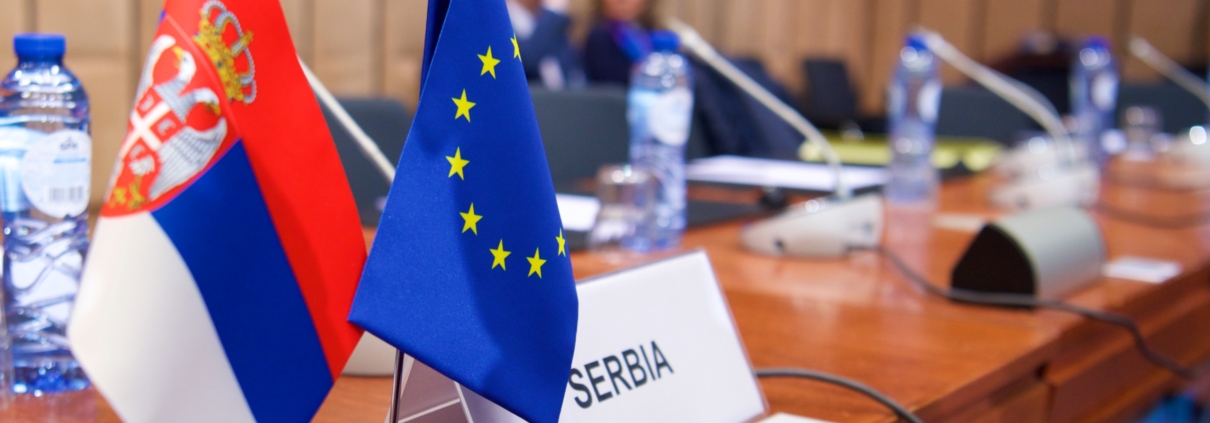
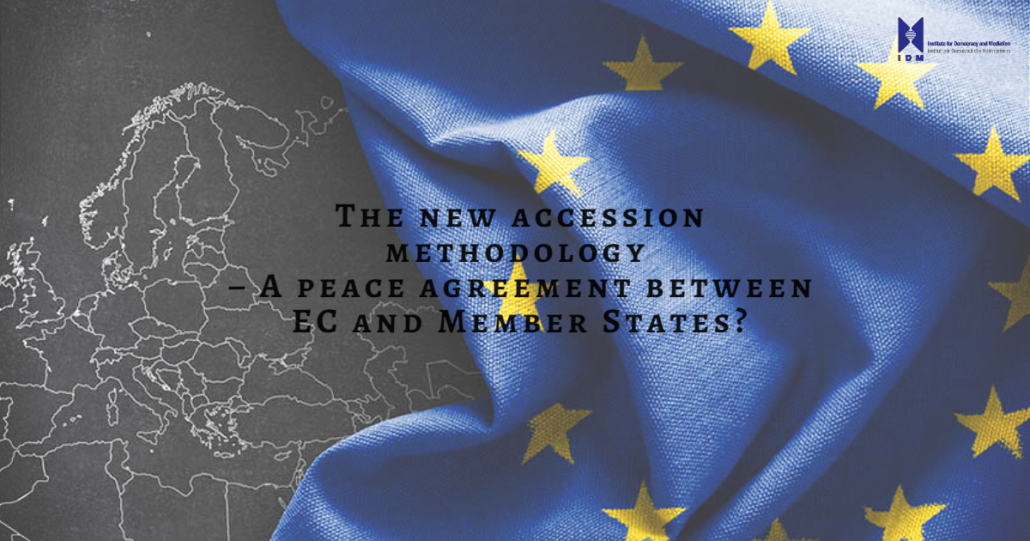




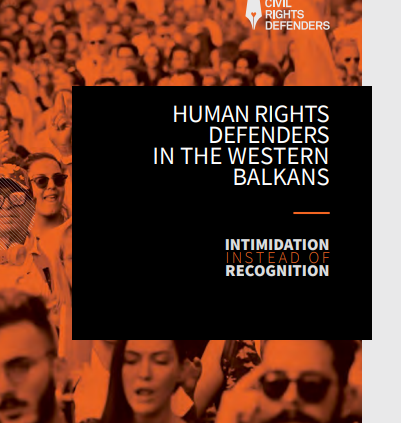
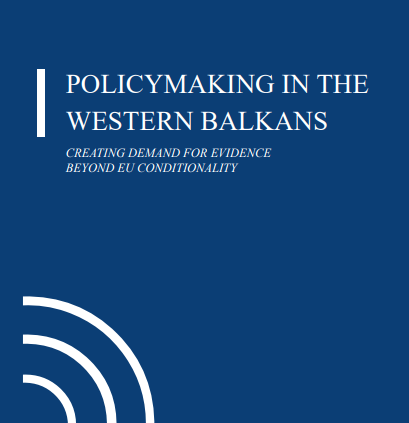
Youth Manifesto for Digital Space
/in Other, Research analysis /by Think for EuropeThroughout the past decade, the online sphere has been turning into an essential part of people’s daily lives. Having been strongly affected by the current COVID-19 pandemic, much of our lives have transitioned into the online sphere. From education, business, to social life and networking – people have become overly reliant on various social media […]
The Future of the EU in the Western Balkans… and the Future of the Western Balkans in the EU
/in Other, Research analysis /by Think for EuropeThe EU perspective toward the Western Balkans has remained undisputed, but especially since it endorsed accession for the region at the Thessaloniki Summit in 2003. Besides Serbia, where Euroscepticism is not a new phenomenon, the rest of the countries from the region have been gazing toward EU accession with strong backing from local populations. Acknowledging […]
Breaking the impasse: Exploiting new opportunities to strengthen EU-Western Balkans relations
/in News, Other, Policy Briefs, Publications, Research analysis /by Think for EuropeThis discussion paper argues that successful economic and democratic transformation of the Western Balkans depends not only on a more coherent political engagement of the EU and its member states with the region, but also on a more effective use of the full range of tools within the enlargement policy toolbox. The revised methodology for […]
Albania’s progress on EU conditions is telling of the government’s European ambitions
/in Other, Research analysis /by Think for EuropeThe European Commission’s 2020 Report on Albania continues to echo concerns on the overall scope of democratic deficit and polarized political environment; those same concerns shared by the European Council in March this year and part of the 15 criteria that Albania needs to fulfil in order to start EU accession talks. Albania submitted its […]
EC 2020 Report for North Macedonia: Case for launching negotiations strengthened
/in Other, Research analysis /by Think for EuropeAnalysis of the European Commission Report on the Republic of North Macedonia from 6 October 2020. This report is the first one following the political decision of the EU for the start of negotiations with our country from May 2020. The findings on North Macedonia in these documents are particularly important in order to maintain […]
How are the Republic of North Macedonia and Frontex Handling the Refugee Crisis?
/in Other, Research analysis /by Think for EuropeIn 2015, EU member states deployed police units to North Macedonia’s border with Greece to assist in handling the refugee crisis. The cooperation has been effective but has lacked transparency. The so-called “Balkan Route” has been one of the main paths for migrants and refugees to Western Europe. The migrants who arrived in Greece in […]
The new accession methodology – A peace agreement between EC and the Member States?
/in Other, Research analysis /by Think for EuropeThere were times in the Western Balkan (WB) countries, maybe some fifteen years ago, when local politicians, media and civil society were carefully reading the European Commission’s (EC) progress reports. It was a time in which the public was eager to hear from civil society and media as per what exactly was the EU’s assessment […]
The rise of a pan-European alliance for the rule of law
/in News, Other, Research analysis /by Anesa OmeragicSlowly but surely, citizens and the economy of the European Union are beginning to feel the direct and negative repercussions of an increasingly present disregard for breaches of rule of law across member states. The concept of rule of law (which includes elements such as the principle of legality, legal certainty, separation of powers, the […]
Declining media freedom and biased reporting in Serbia: Prospects for an enhanced EU approach
/in Other, Research analysis /by Think for EuropeIn the context of the global crisis caused by the novel coronavirus pandemic, free, impartial and professional media reporting has become ever more important. This represents an issue in Serbia, considering its ongoing decline in media freedom as confirmed by independent international reports. The conditions for practising professional journalism have been degraded for years and […]
Western Balkans’ Euro-Atlantic perspective revived
/in Other, Research analysis /by Think for EuropeFive months later and the continent is overwhelmed by the coronavirus pandemic – by the German Chancellor dubbed as“the biggest challenge since World War II.” This crisis tests the values, norms and partnerships between countries. As all brace for the impact, Western Balkan countries remain subject to regulatory limitations on purchasing much-needed protective equipment from […]